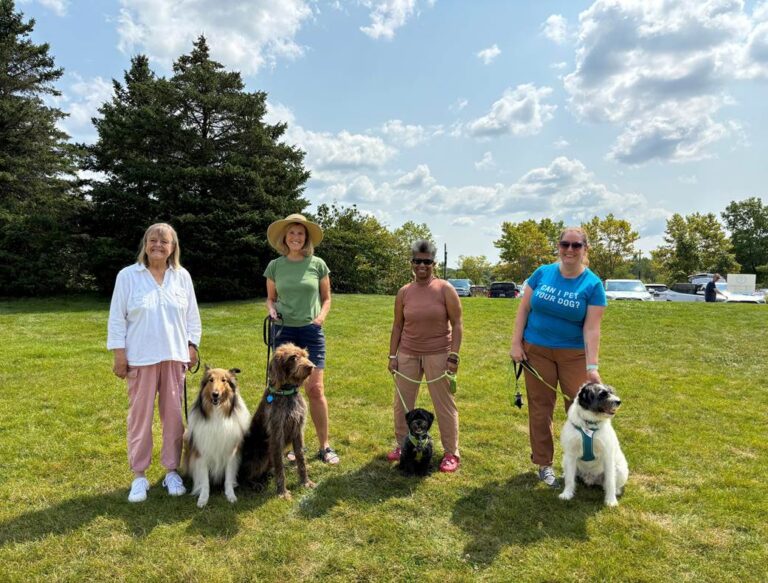Emmanuel Hospice Calls for Volunteers from Greater Grand Rapids Area
Grand Rapids, Michigan, Sept. 15, 2025 – Emmanuel Hospice is looking for volunteers in the greater Grand Rapids area to provide companionship and support to patients. The organization is in

